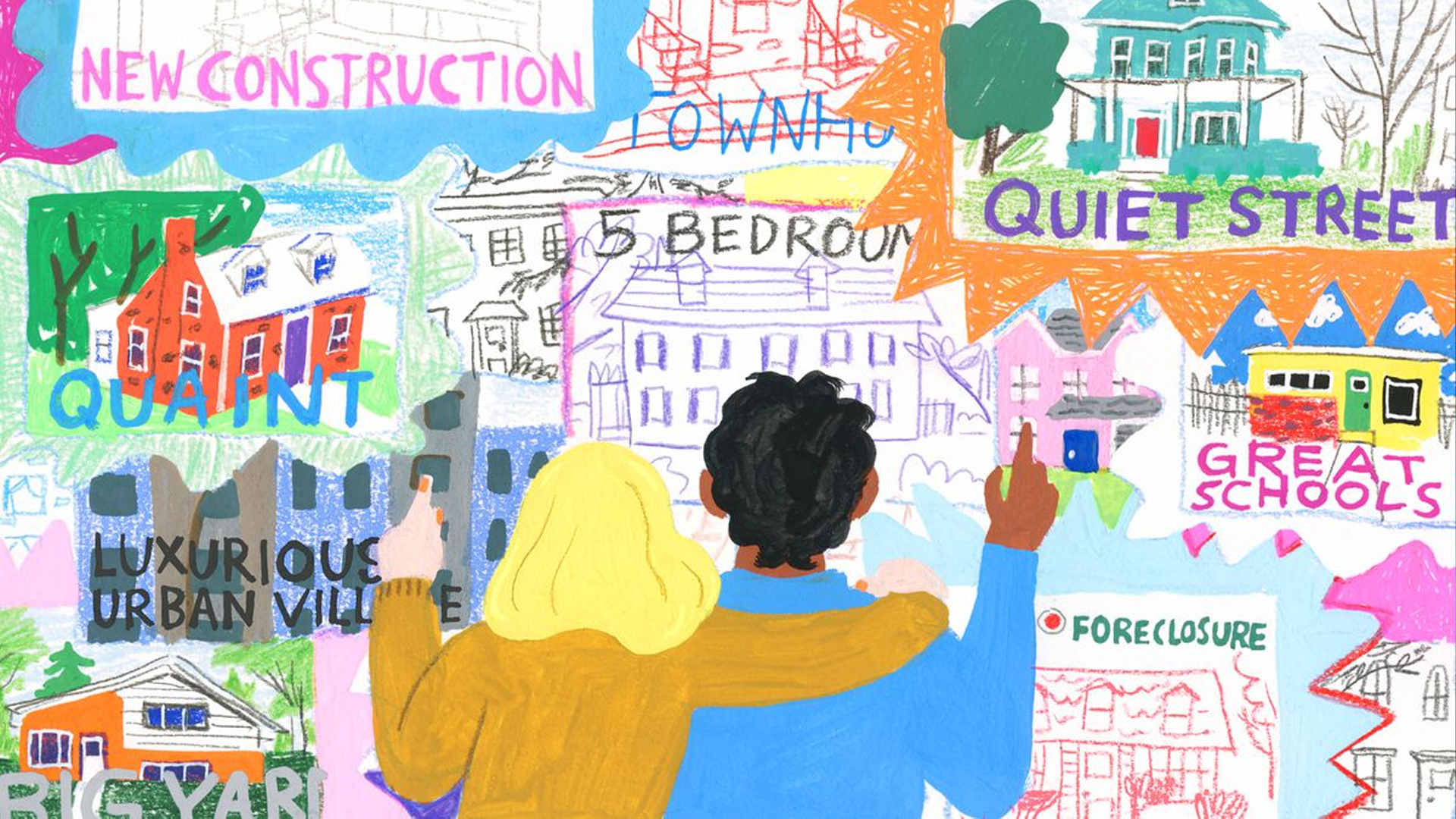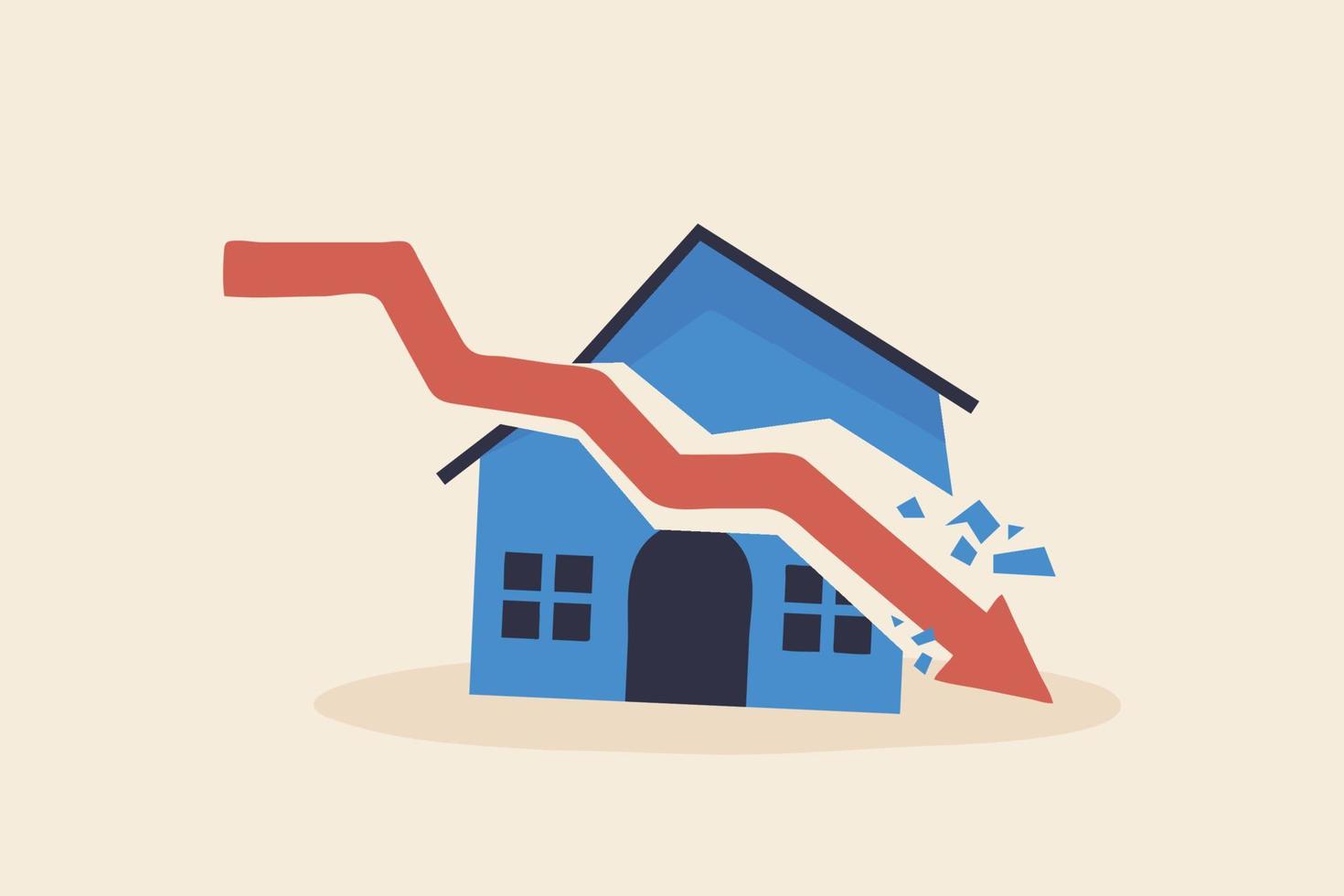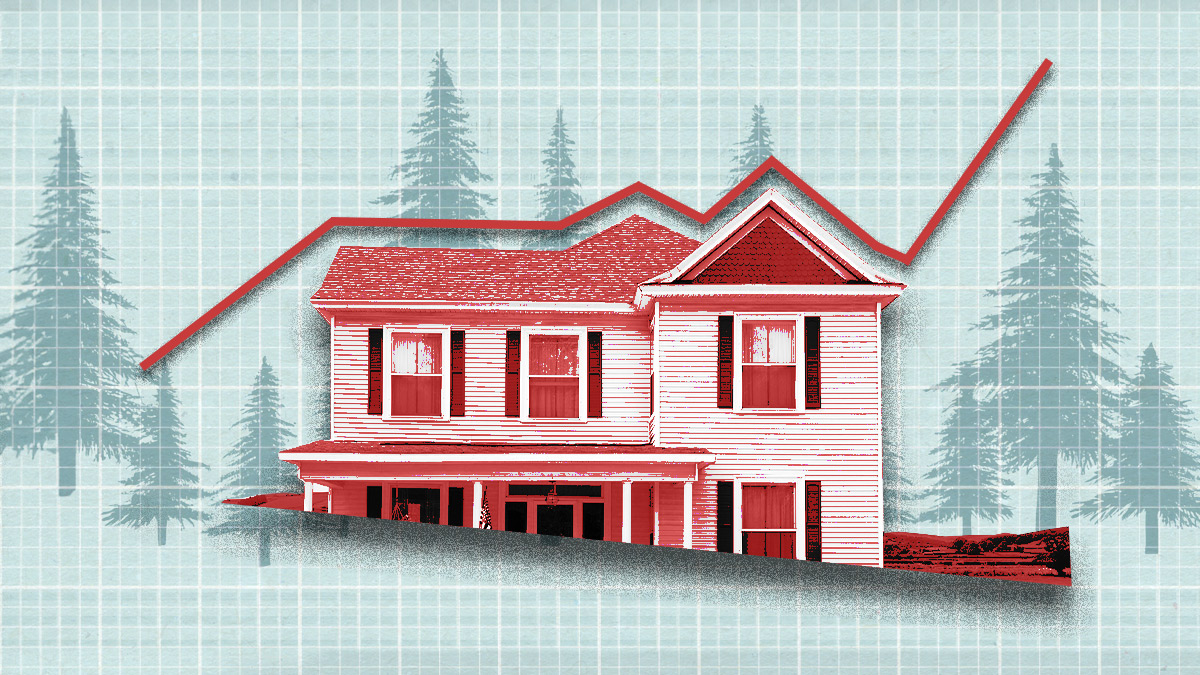Why Houses Are So Expensive (And It’s Not What You Think)

Across the globe, housing has become harder and harder to afford.
The Dive
In cities all over the world, from Los Angeles to London, people are struggling to afford homes. This isn’t just a local issue; it’s a global pattern, which means something bigger is going on.
Many people think housing prices are going up because we’re not building enough homes. But the truth is deeper: housing has become an investment, not just a place to live. It’s now treated like gold or stocks—something to grow money, not shelter people.
Wealthy individuals and big financial companies don’t just buy homes—they also lend the money for mortgages. That means they control who can afford to buy, and how much it costs to do so.
When the rich get richer, they invest their money in assets—things like homes, land, or luxury goods. That demand pushes prices higher and higher, even if fewer people are actually buying homes to live in.
Regular families spend their money on food, bills, and basic needs—not expensive houses. So they get priced out of the market while wealthier people keep buying and selling among themselves, or just collecting rent.
Even if we build more homes, the rich still decide what gets built. That’s why you’ll see lots of luxury apartments going up, but not many affordable homes for working families.
Inequality affects more than money—it changes how cities grow. Expensive downtowns become playgrounds for the rich, while everyone else is pushed farther away, often into poor-quality housing or long commutes.
The housing crisis is really about who controls the future. If only the wealthy can afford to own homes, they shape how our neighborhoods, cities, and lives look—while everyone else gets left behind.
Why It Matters
Understanding the housing crisis helps us see how money, power, and fairness shape the world we live in. It’s not just about buildings—it’s about justice, community, and who gets to belong. When we know how the system works, we’re better equipped to imagine and fight for a future where everyone has a place to call home.
?
Why do housing prices keep rising even when fewer people are buying?
How does treating housing like an investment affect ordinary families?
What role does wealth inequality play in shaping our cities?
What does it mean when people say 'build more housing' won’t solve the crisis?
How do rising mortgage rates affect who can buy a home?
What are some ways governments could help make housing more affordable?
What happens to a community when only rich people can afford to live there?
How could we design cities to be fairer and more inclusive for everyone?
Dig Deeper
Homeownership is a symbol of the American Dream—but for many, it's slipping out of reach. This video explains why.
This breakdown explores how economics and inequality are creating a global housing disaster—and what we might do about it.
Related

The Conservative Resurgence and Economic Shifts
How a political swing to the right reshaped America’s economy, culture, and political identity in the late 20th century.

The Market Revolution: How Innovation Transformed America
In the early 1800s, America changed from a land of small farms to a booming nation of factories, railroads, and markets. The Market Revolution connected people, goods, and ideas—while also revealing deep inequalities in who benefited from progress.

Civics vs. Ethics
Civics explains the rules of society. Ethics asks whether those rules are right.
Further Reading
Stay curious!

